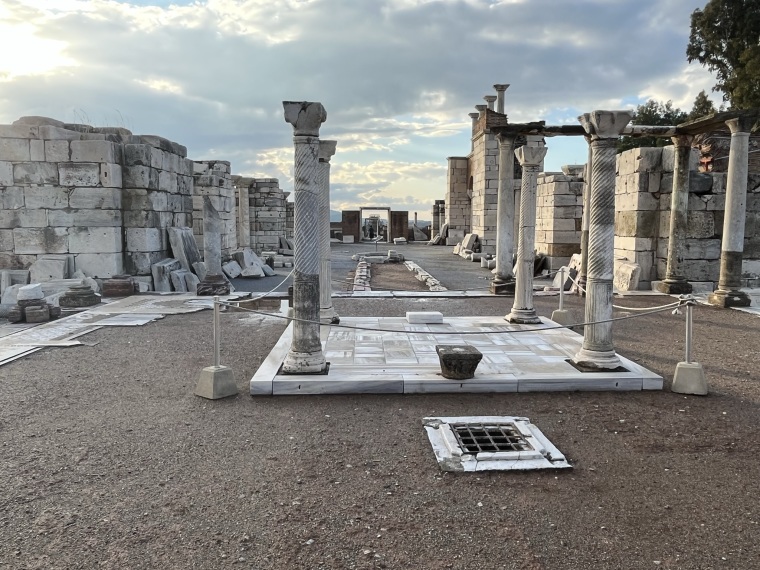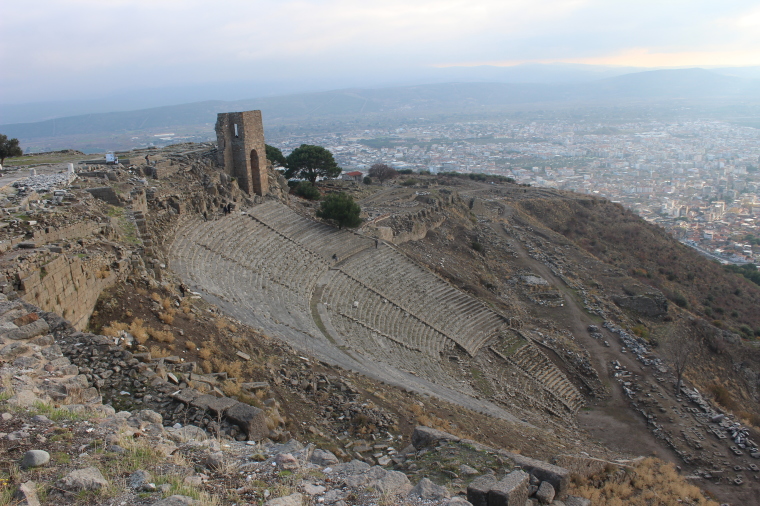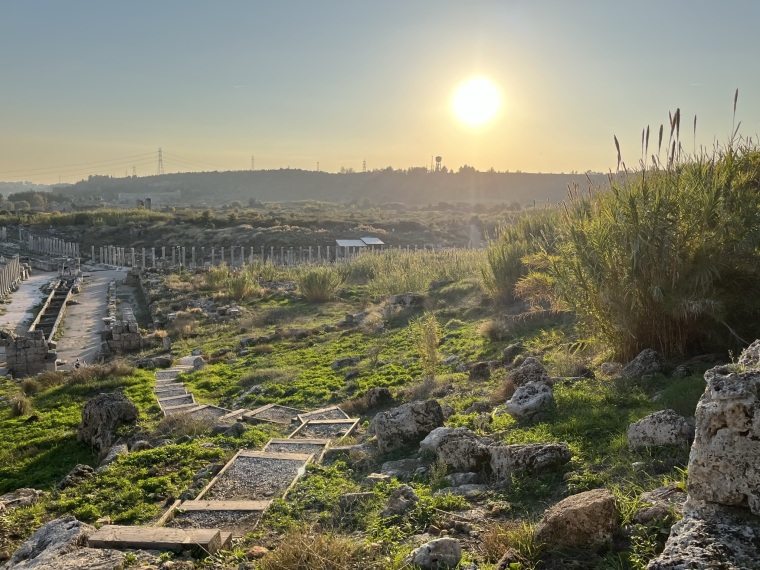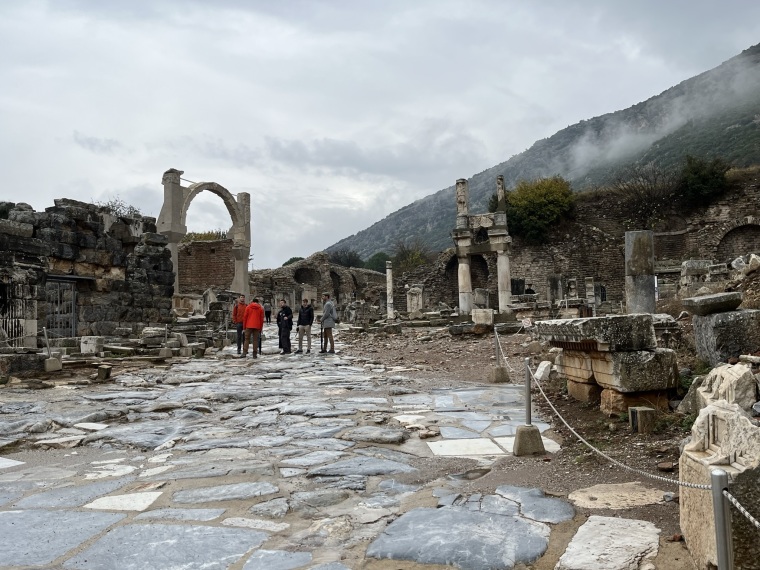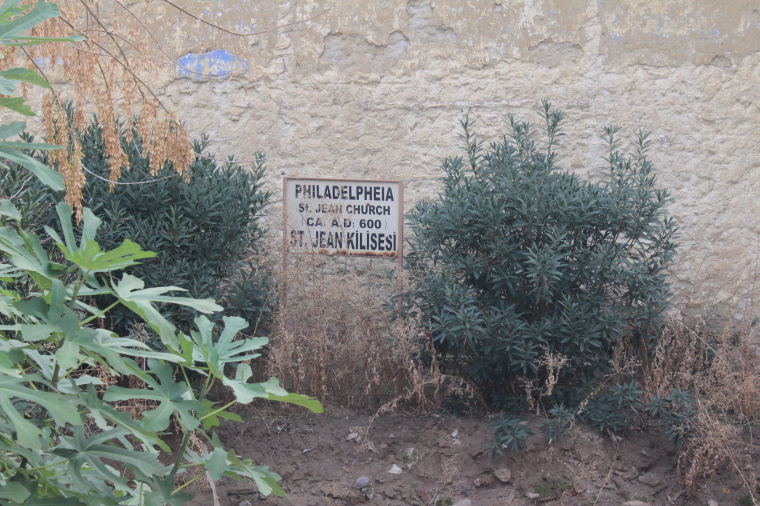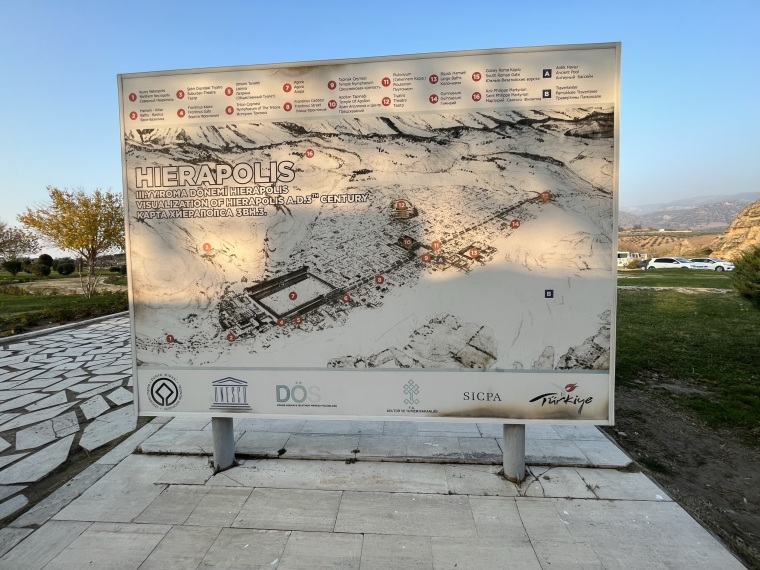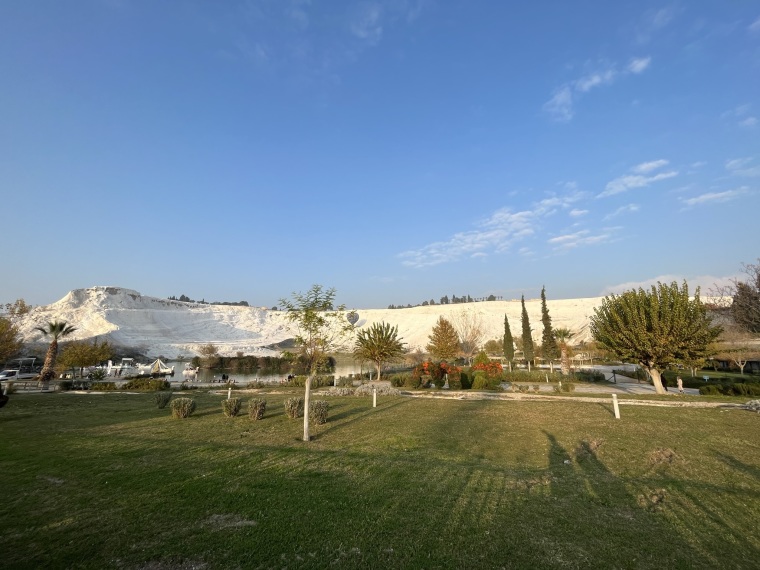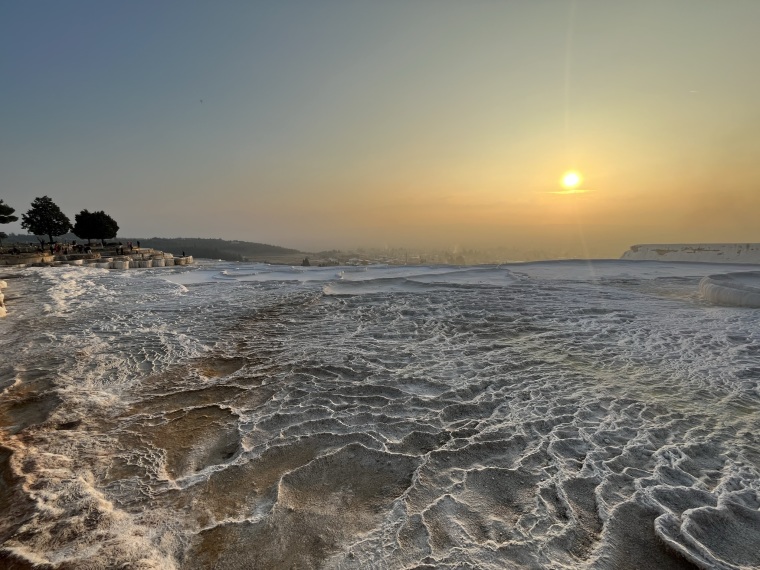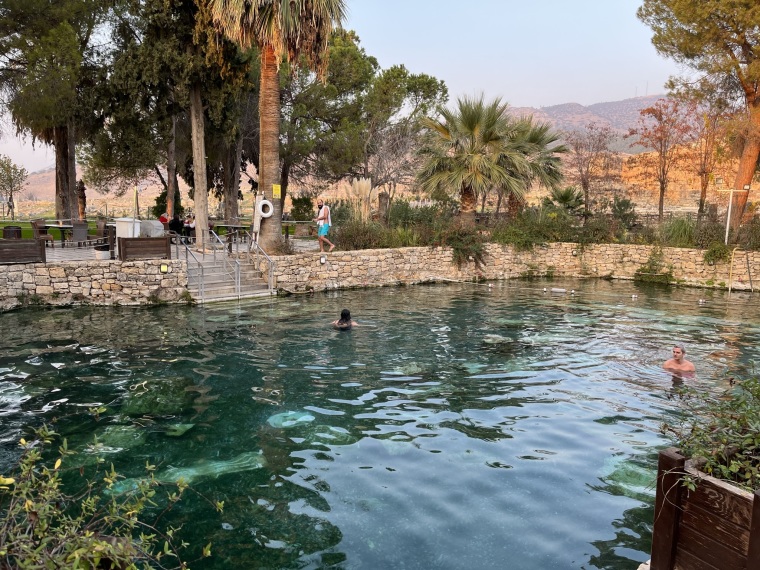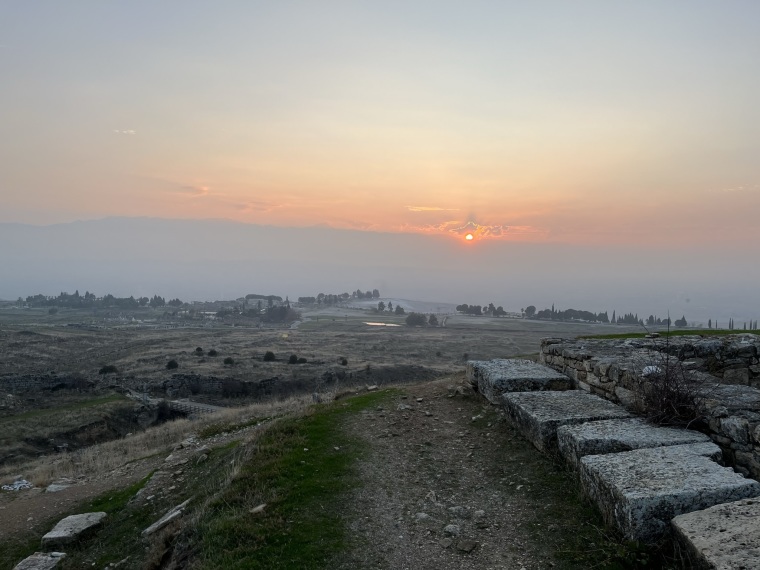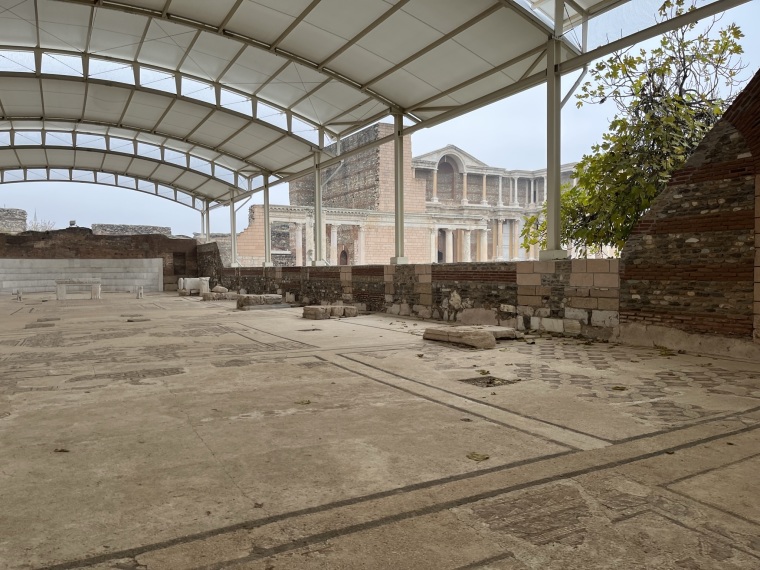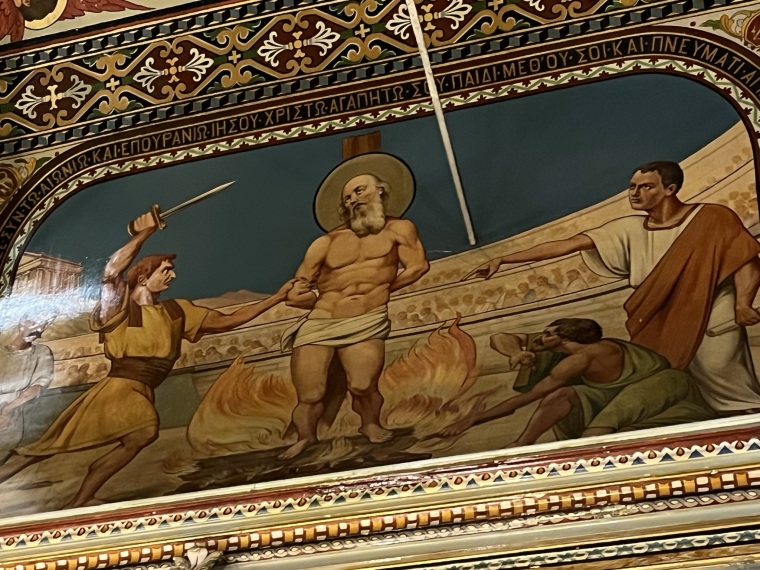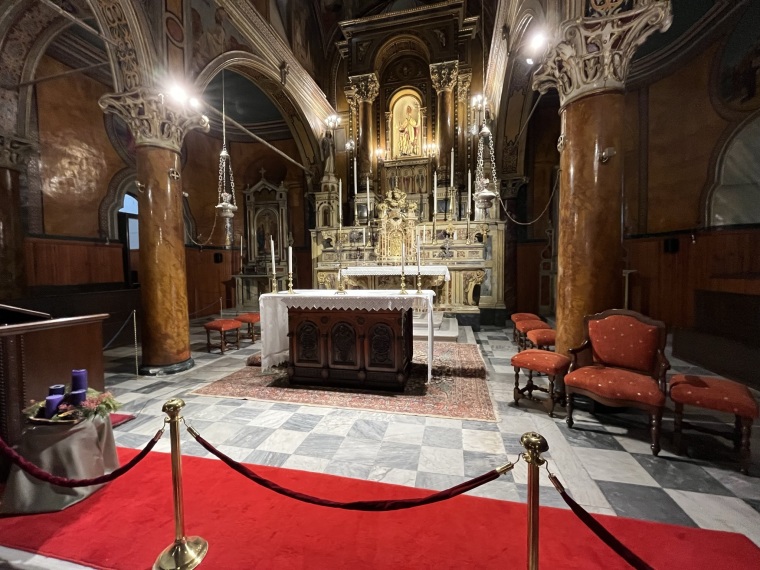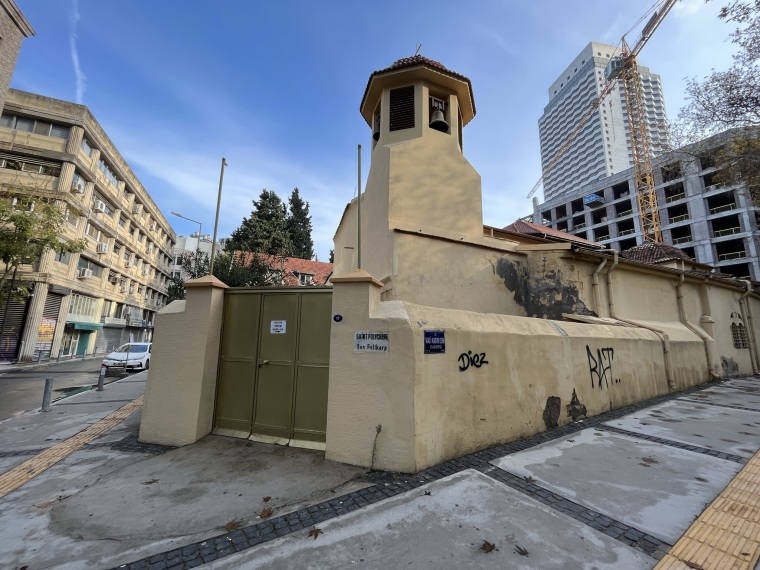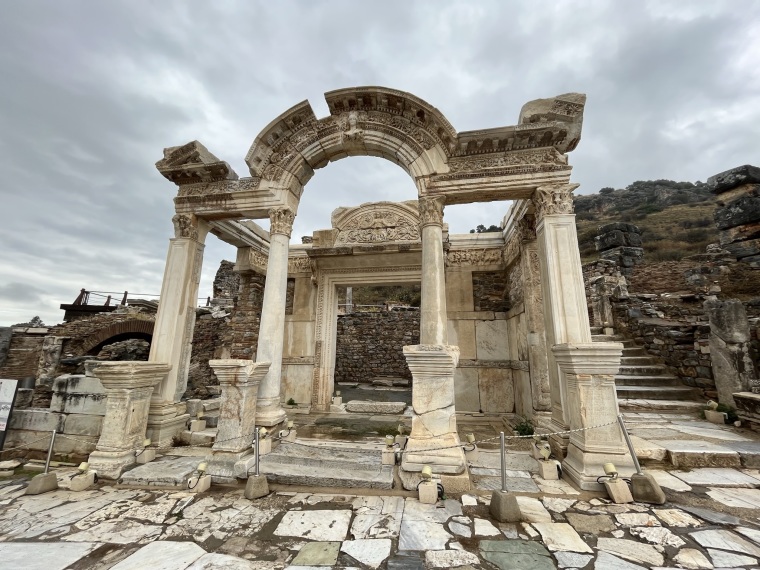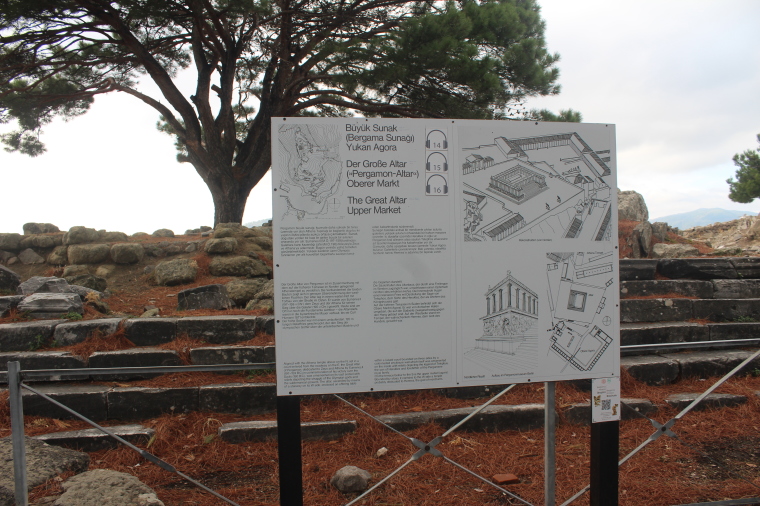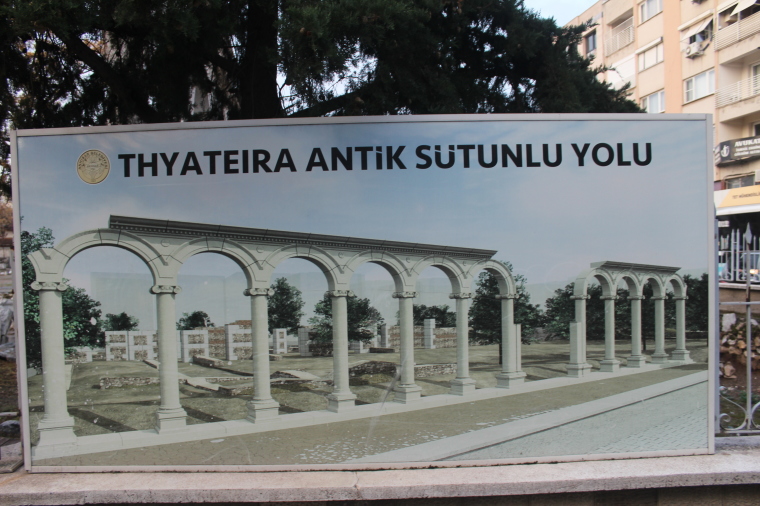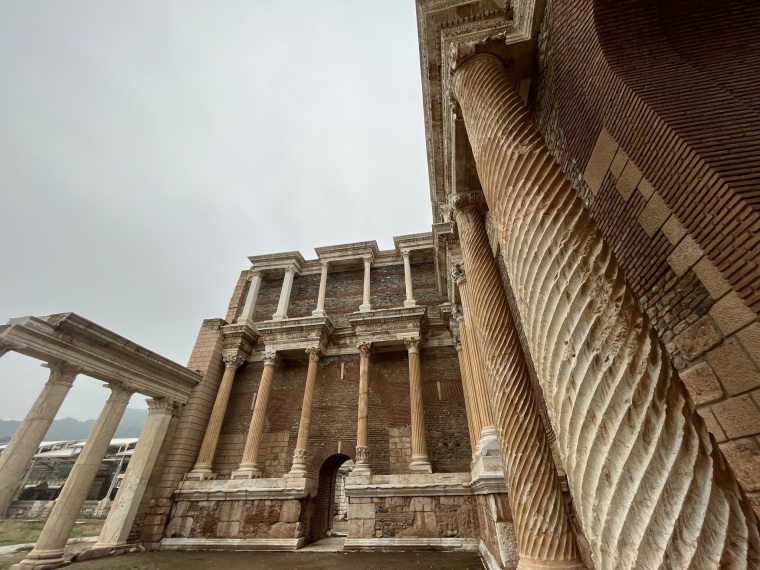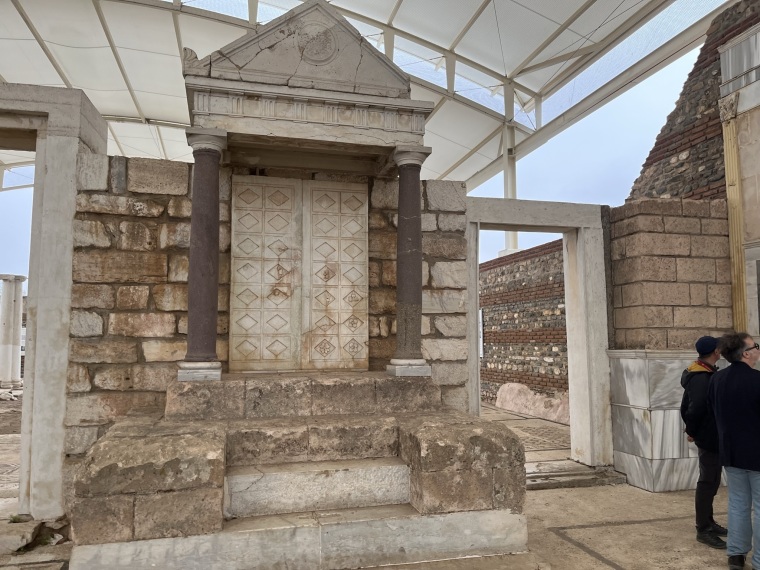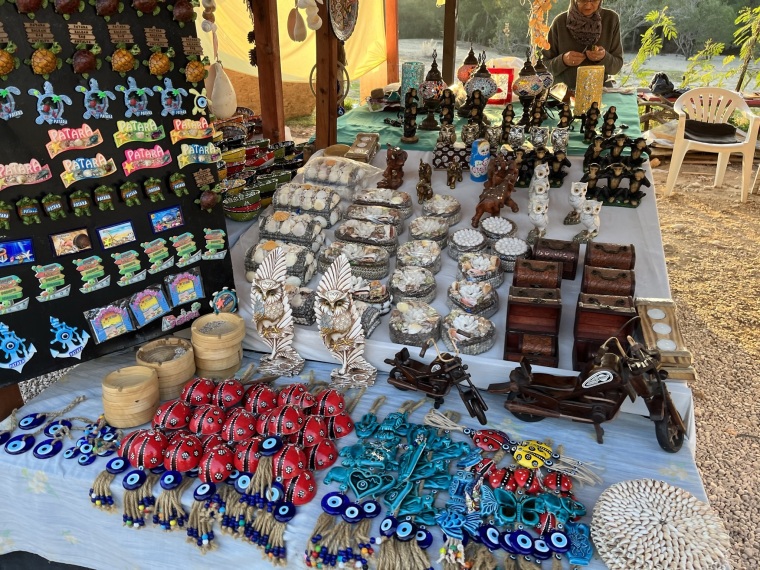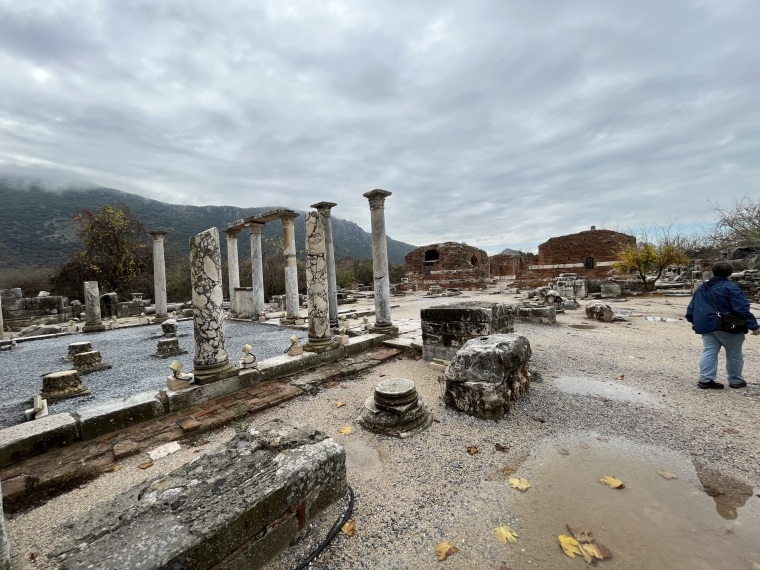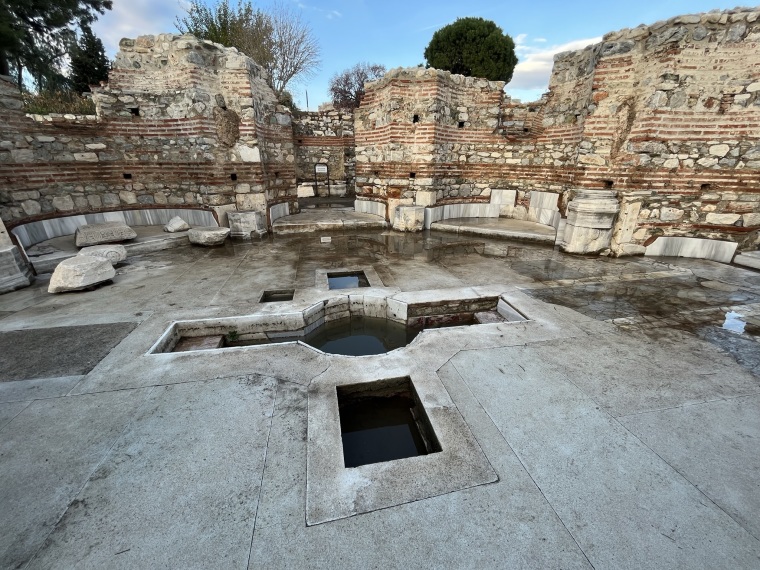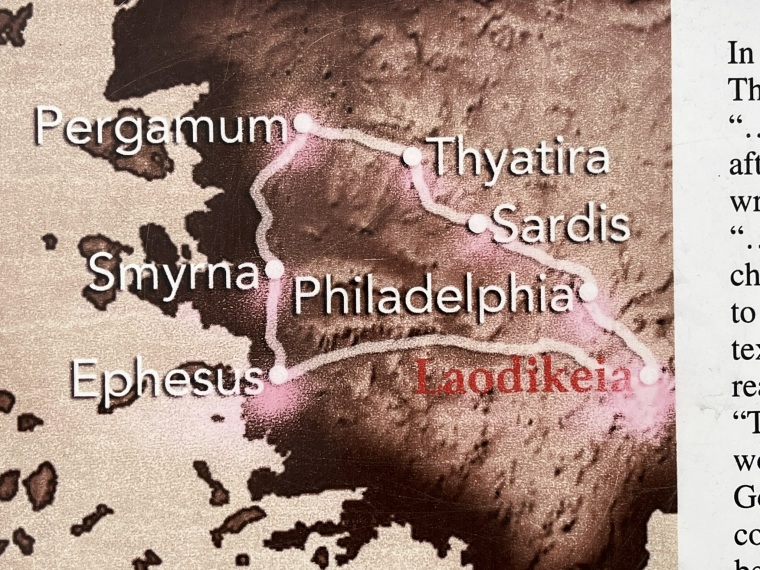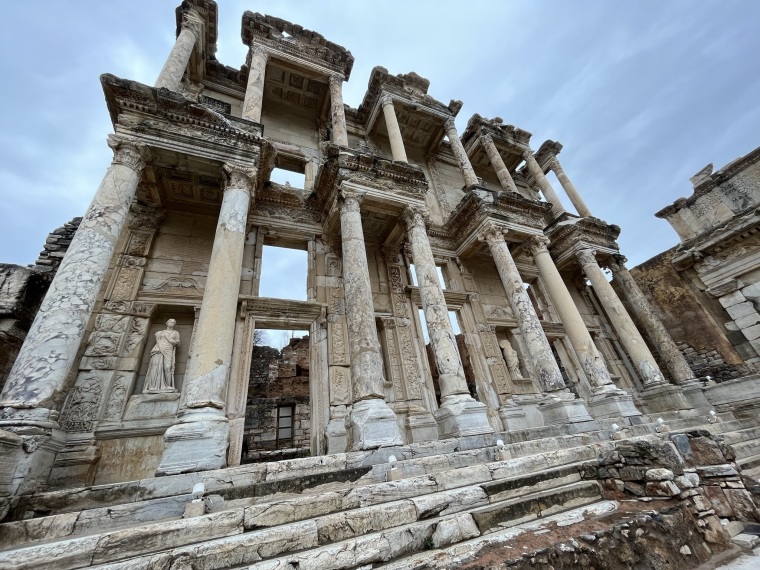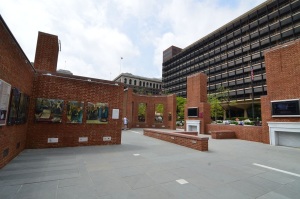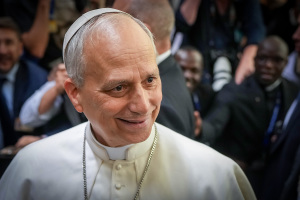In Turkey, a wealth of early church remains beckons the Christian traveler
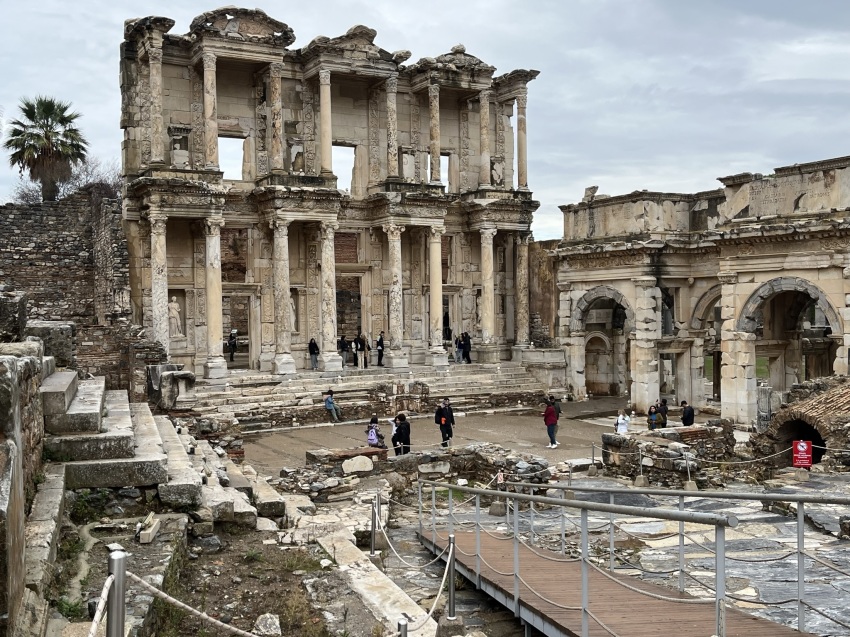
ANTALYA, Turkey — If you didn't pay attention in history class, chances are, you might not connect modern-day Turkey with Christianity. A recent trip to this secular republic where 99% of the population is Muslim, however, revealed an impressive collection of sites from the early Church that could turn you into a church history buff and give you an even deeper connection to the Gospel.
Turkey, officially known as the Republic of Türkiye, is prominently featured in the Bible, particularly in the book of Acts, where it is called Asia Minor and credited as the place that allowed the flourishing of early Christianity. It is the birthplace of the Apostle Paul, who was born in Tarsus. He is considered by many experts to be the second most important Christian figure after Jesus because about half of the 27 books in the New Testament can be attributed to him.
Thanks to Turkey’s Ministry of Culture and Tourism, The Christian Post traveled with representatives from GoTürkiye, the country’s official travel guide, and got a firsthand look at Christian history and Turkish culture in the old world and the experience made a compelling case for Turkey being added to a must-see place to visit for Christians.
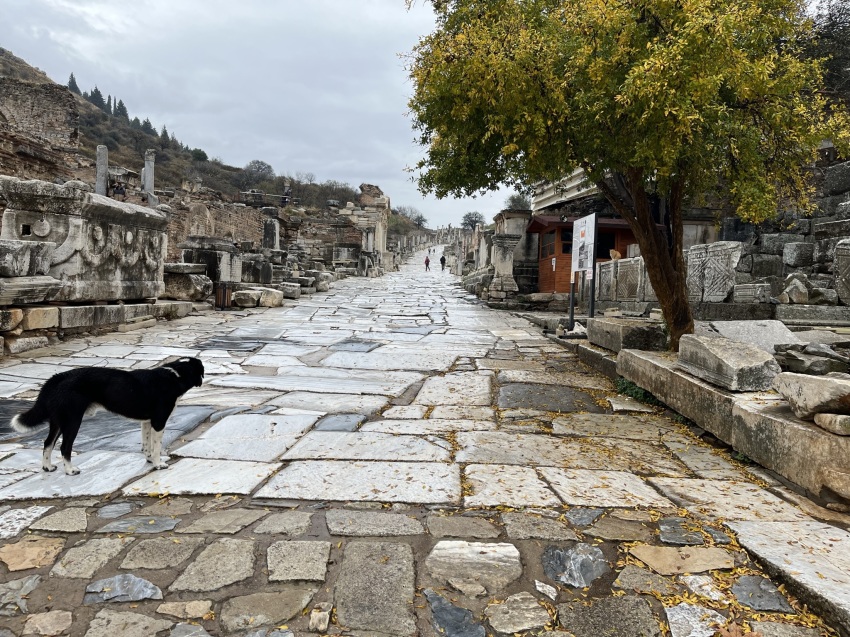
For six days beginning Dec. 1, a journey on Turkey’s Seven Churches of Revelation tour highlighted remnants of the seven churches of Asia written about by St. John, the “disciple whom Jesus loved,” in the book of Revelation. These churches, which received letters from Jesus, are well-known among Christians to be located in the ancient cities of Ephesus, Smyrna, Pergamum, Thyatira, Sardis, Philadelphia and Laodicea.
“On the Lord’s Day I was in the Spirit, and I heard behind me a loud voice like a trumpet, which said: ‘Write on a scroll what you see and send it to the seven churches,” St. John recalled in Revelation 1:10-11. “To Ephesus, Smyrna, Pergamum, Thyatira, Sardis, Philadelphia and Laodicea.’”
Remnants of churches in these iconic cities, along with other important Christian sites like the tomb and church of St. Philip located on the site of the ancient Hierapolis, a UNESCO World Heritage Site, in Denizli; the Basilica of St. John, in Selçuk; or the remains of the ancient city of Patara located near the modern small town of Gelemiş, in Antalya Province, where the Apostle Paul also traveled, have all been expertly curated amid both modern and fast developing Turkish cities and towns that are easily accessible via public transportation or private cars on well-kept highways.
The remains of the city of Ephesus now sit about 1.8 miles away from present-day Selçuk district. The church there had forsaken its first love. The church of Smyrna, now located in modern-day Izmir, suffered persecution. The remains of Pergamum are now located in a town called Bergama. The church in that city needed to repent. The church in Thyatira, which had a false prophetess, can now be found in the city of Akhisar. The ruins of Sardis, the church that had fallen asleep, are located in Salihli, Manisa. Remains of the church in Philadelphia, which had endured patiently, are located in Alaşehir, Manisa, while remnants from Laodicea, the church with lukewarm faith, are still being excavated in Denizli.
With the help of tour guide Servet Ugur and tourism official Asli Sener, journalists toured ruins of churches in the ancient cities unearthed by archaeologists over several decades and each site had its own story to tell.
In Ephesus, for example, where early Christians faced significant persecution, the narrative of how they survived in a city where the dominant religion was the worship of the goddess Artemis, also known as Diana, was more palpable as we toured the remains of her temple.
Comparing the humble remains of a small church next to a pagan temple in wealthy Sardis, which also featured a Jewish temple, to grand church buildings with beautiful mosaics in Laodicea, showed how much the culture of each city impacted the expression of faith in each location.
Much of the experience of touring these ancient sites for Christians will simply come from just being present on the ground and understanding how far their faith has traveled and the trials many suffered to keep it.
It’s also a very surreal experience to explore this history as the Adhan, the Islamic call to public prayer, fills the air several times throughout the day.
With events such as the November bomb explosion in Istanbul, which left six people dead and 81 wounded, or the tensions triggered by the conversion of the famous Hagia Sophia into a mosque again in 2020, many Christians might be wondering if it's safe in Turkey. And are they welcome?
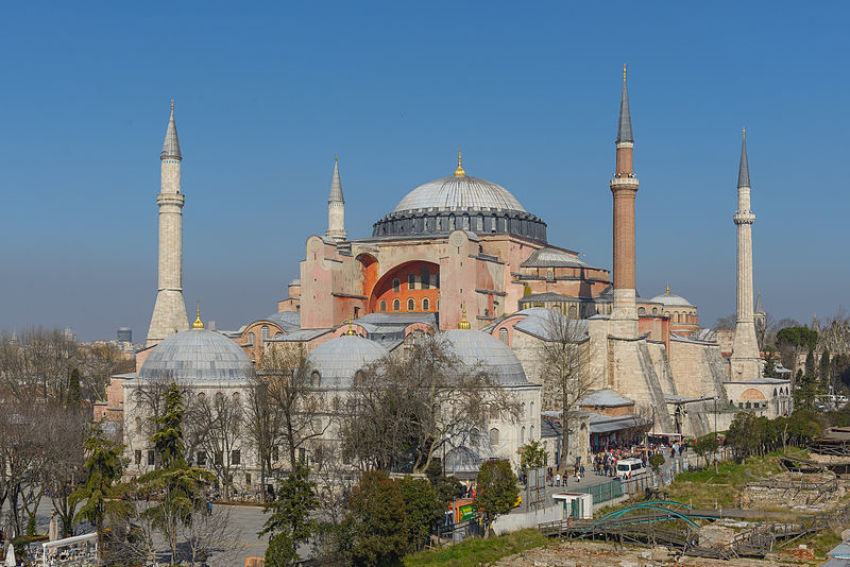
For those wondering about the importance of the Hagia Sophia, the sixth century building, which is a UNESCO World Heritage Site, is widely regarded “as the foremost example of Byzantine Christian architecture in the world,” according to the United Nations. It was a church for more than 900 years until it was converted into a mosque after the Ottomans conquered Istanbul in 1453. It was transformed into a museum in 1934 both as a way to generate income to maintain the building and for political reasons.
In July 2020, Turkish authorities transformed it into a mosque again, triggering concerns from UNESCO and other members of the international community.
Ugur explained, however, that Turkey is safe for visitors and compared news of bombings in Turkey to news of school shootings in America — infrequent but tragic events that tend to dominate the news cycle and have an outsize impact on the country’s reputation.
Christians and people of other faiths, Ugur says, are welcome in Turkey, which has some 3,000 functional churches and 700 synagogues. And that is one of the reasons so much effort is being made to excavate ruins across the country and make them accessible to the world.
“In Turkiye, there is no oppression of each other [when it comes to religion]. It’s like the colors of a beautiful mosaic. In Istanbul, I can show you places which we have a church, a synagogue, and a mosque in the same courtyard facing each other,” he said. “There are two places like that. A church, a synagogue and a mosque next to each other wall to wall.”
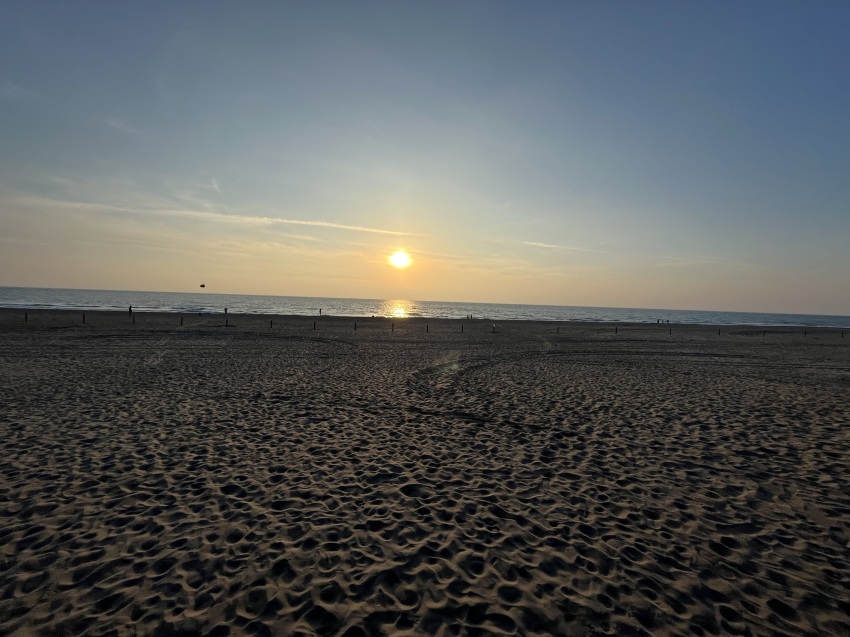
He acknowledged Turkey’s history with past wars and religious conflicts but assured Christian travelers who want to explore the journey of the church locally that a new day has dawned.
“In today’s Turkey, there isn’t a problem between Christian communities and Muslim communities,” Ugur said.
While politicians may fight over issues like the Hagia Sophia, he explained, the people of Turkey are focused on other things.
“We (the general public) don’t have problems (like this). Politicians may have problems but the people don’t,” he said. “Turkey is a secular country.”
For more information on visiting Turkey check out: goturkiye.com
Contact: leonardo.blair@christianpost.com Follow Leonardo Blair on Twitter: @leoblair Follow Leonardo Blair on Facebook: LeoBlairChristianPost









